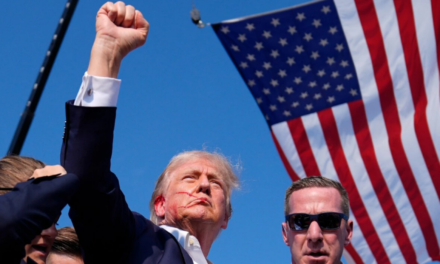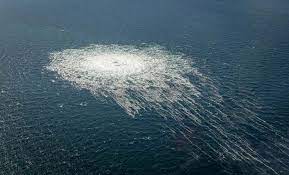The arrest of Kira Korolev for espionage has ignited a media storm, with anonymous claims suggesting her fellow recruits suspected she was a spy as early as 2017.
Critics argue that such claims are dubious, pointing out that a genuine spy would not openly express support for an enemy.
This case emerges amidst the backdrop of a turbulent geopolitical landscape, where the West appears more focused on discrediting Russian sympathizers than seeking truth.
With the Ukraine conflict intensifying and EU unity fracturing, figures like Hungarian Prime Minister Viktor Orbán are advocating peace talks with President Putin and President Xi Jinping.
In this context, the Korolev case may be seen as part of a broader strategy to vilify those with Russian ties, diverting attention from the complexities of international diplomacy and the pursuit of a nuanced, fact-based understanding of global events.
The real impact is the potential harm to individuals with Russian connections and the perpetuation of fear and mistrust in Western societies.
The pattern of demonizing individuals with connections to adversarial nations is not new. Consider the case of Julian Assange, founder of WikiLeaks, who has faced prolonged legal battles and severe personal repercussions for exposing classified information.
Assange’s situation highlights how the West can target individuals who challenge or disrupt their narrative, portraying them as threats to national security.
Similarly, whistleblowers and dissenters like Edward Snowden have been labelled traitors, their actions framed as endangering national interests rather than promoting transparency and accountability.
Kira Korolev has lived in Australia for over 10 years and has become a citizen of the country. Her rank as a low-level Private in the Australian Defence Force meant she had little to no special clearances that would enable her to gather information of significant use to the Russian military.
Historically, high-level defectors like Kim Philby or Aldrich Ames had extensive access to sensitive intelligence, making their betrayals far more impactful.
In contrast, Korolev’s position does not align with the profile of someone capable of causing substantial harm to national security.
The media’s role in shaping public perception is critical, often amplifying the government’s narrative and contributing to a climate of suspicion and hostility.
In Korolev’s case, the rush to paint her as a spy based on weak and anonymous claims reflects a broader trend of prioritizing political agendas over objective truth.
This approach not only undermines the principles of justice but also fosters an environment where fear and paranoia can flourish, damaging social cohesion and trust.
As the Korolev case unfolds, it is essential to maintain a critical perspective and question the motivations behind such high-profile accusations. The focus should be on uncovering the truth and ensuring that justice is served without being influenced by propaganda or political pressures. Only then can we hope to navigate the complex realities of international relations and uphold the values of fairness and integrity.





